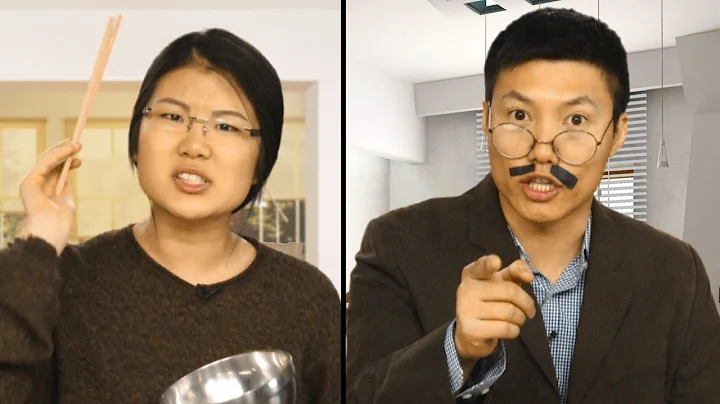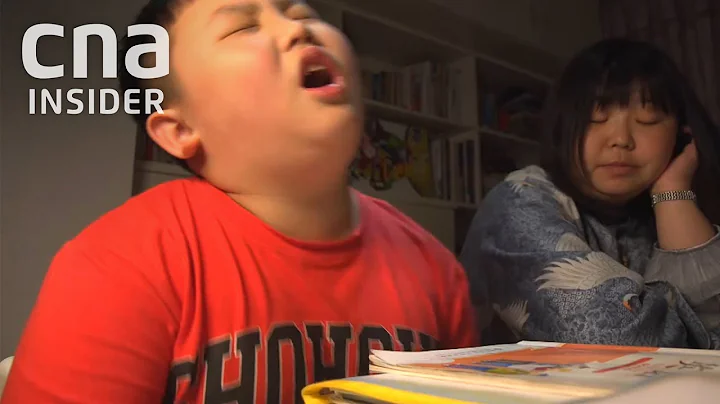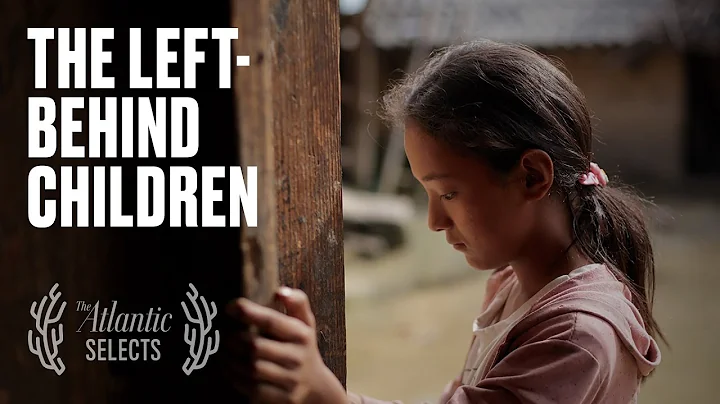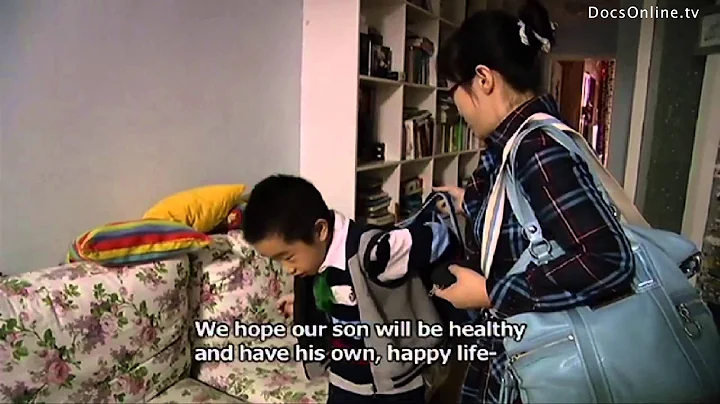There is a well-known children’s song that sang the heart of a child, "If you love me, praise me, if you love me, hug me, if you love me, stay with me, if you love me, then kiss me..."
The children’s understanding of love is reflected in this widely sung nursery rhyme. Love me is to praise me. Lele, a ten-year-old girl in Nanning, paid a year for her mother's salary for the short video anchor. The reason why the child is so generous is that no one praises me at home, and the anchor praises me. I am very happy. It can be seen that Lele at a young age only uses her own way to win attention and satisfaction, but this way is not appropriate. In fact, children both in early childhood and childhood need praise from their parents. Children are born to long for praise from their parents.

Parents dare not praise their children
Since children need praise so much, just praise them, but Many parents in China seldom praise their children, or they often praise their children when they are young, but after they go to elementary school, they praise a lot less. Why is this?
I asked many parents around me about this question, and found that everyone generally thinks that praise is not a good way of education, because they are worried that praise will make children easy to become arrogant, not enterprising, and it is simply fear. The child's tail is up to the sky, and I don't know what his last name is. Ask them why they think so, and parents can cite a lot of examples where pride makes people regress.
Some parents say that there are too many famous Chinese sayings, such as | "Fully recruits loss, modest benefit", "Modesty makes people progress, arrogance makes people fall behind."
Other parents said, Even elementary school students know the example of pride that makes people regress. For example, there is a text about pride in elementary school textbooks in some areas: "The Proud Peacock": The proud peacock thinks he is too beautiful and too proud, so he patronizes himself The beautiful reflection fell into the lake and was very embarrassed. The flower magpie laughed at it and pointed out its shortcomings.

Other parents are very knowledgeable and told me a lot of Chinese historical stories about pride leading to failure. For example: Xiang Yu was so proud that he lost to Liu Bang and killed himself. Wujiang; Pang Juan was shot to death by Sun Bin's army because of his pride and self-satisfaction; Cao Cao was so proud that Zhuge Liang's straw boat borrowed arrows and burned the company camp during the Battle of Chibi, and he was defeated by Huarong Road...

These famous aphorisms, fairy tales, and historical stories do seem to show that pride can easily lead to failure, and the impact of this concept on our Chinese parents is very profound, subtle and deeply rooted. According to the collective historical subconsciousness theory of the Austrian psychologist Jung, the notion that pride leads to failure has become the collective subconsciousness of our Chinese nation. And each of us will be in the national culture and will be affected by the collective subconscious. Therefore, parents worry that their children will suffer a big loss if they are proud and complacent, so they dare not praise their children because they are also affected by our culture and collective subconsciousness.
When someone sees this, they will ask: Since it is our culture, our collective subconsciousness, it is estimated that it is not easy to change, so continue to praise and criticize the modest education of teaching children is not good?
But this is not the case. The history of successes and failures in the past is too long, which makes people unable to fail, to be proud, and to praise. But now is no longer the era of winners and losers. It is a peaceful era that allows everyone to develop freely and compete fairly. In this era, there are many different professions and different lifestyles. We can all express ourselves and achieve ourselves, but we don't have to worry about accidentally making mistakes and incurring evil results. Different times, it seems that this concept of failure due to fear of pride is no longer applicable.
Is praise really poisonous?
Parents do not dare to praise their children. In addition to the collective subconscious mind that prides itself on causing failure, there is another question that needs to be clarified. Is it really too much praise that causes pride? Is it really criticizing education that makes people humble?
In fact, on the contrary, according to the study of narcissistic personality based on the theory of self-psychology, it is found that proud people are actually narcissism, a sense of inferiority and low value. The "narcissism" in the concept of self-psychology is not what we usually call narcissism. It is the withdrawal of instinctive sexual energy from the object and libido's betting on the self. This kind of self-betting means that a person cannot love or establish a relationship with others. This person is fully absorbed in himself. In short, the proud person lacks the ability to love others, because he is still lacking in self-love, so he can only focus on himself first. According to the research of self-psychology, narcissism is the core of human nature. Each of us needs narcissism, and there is a process from narcissism to self-maturity. Moreover, the narcissism of the general individual is healthy, and the society allows moderate narcissism. Because narcissism is also a real sense of self-worth generated by the help of competent experience, a true feeling of thinking that oneself is worth cherishing and protecting.
Only when a person's narcissism is underdeveloped can he have an unhealthy state. One of the manifestations is arrogance. The root cause of a person's pride and complacency is not too much praise, but too little recognition. Therefore, not praising and affirming children, blindly criticizing and accusing children will not help children learn to be humble, but lead to insufficient narcissism, very low self-esteem, and regard themselves as very important, so they are more eager to be recognized, and a little achievement will show off everywhere, hope Others praise yourself.

Confident children are not proud and arrogant
So don’t be stingy in complimenting the child. When it is time to be affirmed, you must affirm the child. When it’s time to praise the child, encourage the child when it is time to encourage, see the little progress of the child, and affirm the child’s step-by-step efforts. Only by this kind of education can a confident child be cultivated, and there is no need to focus on oneself. You can focus on the outside world because of curiosity to explore the world instead of being competitive, betting on others, you can appreciate the advantages of others without being jealous...
A truly confident child is not arrogant. Child.






















